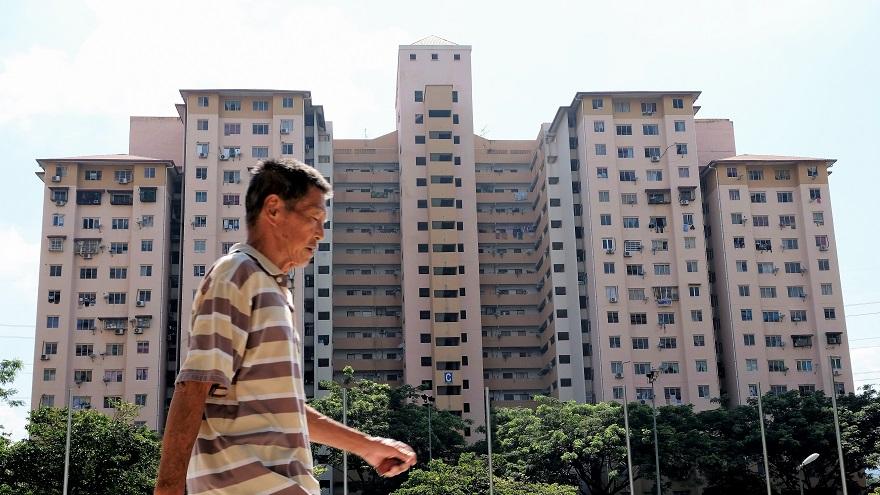Lembah Pantai MP Fahmi Fadzil suggested that the Peoples’ Housing Programme (PPR) to be re-evaluated as many low-income buyers including his constituents could not afford the scheme’s RM150,000 minimum price. Speaking to reporters after launching MRCB Foundation’s School Meal Sponsorship Programme for B40 children, the PKR lawmaker said there are an urgent need and strong demand for PPR housing not only for his constituents but in Kuala Lumpur generally.
“Even the idea of affordable housing currently is out of reach of many of the B40 segment."
“So, I have spoken with the Federal Territories Minister, people from City Hall (DBKL), I am interested to engage with Malaysian Architectural Society, as well Build Environment Faculty in Universiti Malaya to look at a new concept for PPR."
“I am calling it PPR 2.0 but I think it is necessary because many people find it difficult (to purchase a home). They can’t afford (homes that costs) RM300,000 or even RM150,000 may be out of reach for the poorer segments and many of whom are Malays."
“So, for me, I want to try and see whether we can find a next step solution and it’s possible if we are able to manage some of the factors including land and density,” said Fahmi adding that these new PPR should be included in the Kuala Lumpur Masterplans up till 2040.
He urged the academia to spearhead discussions for a solution to the problem facing Kuala Lumpur’s urban poor.
In order to improve the outcomes for the B40 group, Fahmi said providing the physical infrastructure is not enough if their social architecture is not improved alongside.
Originally, the low-cost housing projects were designed with social mobility in mind, with residents meant to stay for two to three years, after which they are meant to afford better homes, he explained.
As time went by, however, he said he noticed that many of those born in the PPR environment appeared stuck there for life and unable to break out of the poverty trap.
“But what we have seen is that over the years if you were born in a PPR, most likely you will grow up there, get married there, raised a family there and in all likelihood pass away there."
“So I believe something can be done about this. But in order to do it has to be a multisectoral effort."
“We have to engage the academia, we have to look at city planners, town planners, architects, policy makers and I think we need to have a national conversation about the idea of PPR itself,” said the former thespian.
.jpeg)











.jpeg)

